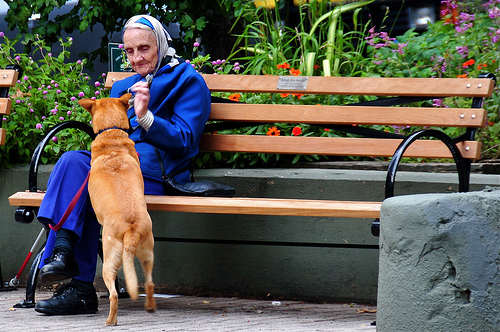
Moving into a residential home care facility can be a nerve-racking experience for many aged people. For one, they are realizing the fact that it is not safe for them to live in their homes because they need attention in personal care, and possibly with medication too. Secondly, they are moving into a totally different neighborhood and this they will have to adjust with. Thirdly, they realize that their own children do not have the facilities to give them proper care, so they have to be away from them – for life perhaps. These reasons can be too much for people who long to live a peaceful, retirement life. They may feel like fish out of water. Hence, it is important that you think from their perspective before arranging a residential home for them.
Many issues are to be covered when you are looking for a good residential home facility for aged people. You will naturally be concerned about the food, medicines, safety and security they receive from time to time. One of the major complaints against care facilities is that they don’t provide enough nutrition and water to the users. This leads to dehydration and the lack of capacity to fight infections.
Help with food and water
People living in residential care homes will have to be cajoled and often helped with feeding. If they refuse food, it is the duty of the carers to make sure they receive adequate nutrition. Of course, not everyone in the care home has eating disorders, but some do and if your aged parent is a poor eater, then you need to make sure he/she receives balanced nutrition. You should also check on the quality, quantity and variety of food given to the residents, and whether the carers comply to their needs. There should always be clean and safe drinking water and other liquids in easily accessible places.
How clean are the premises?
No matter what, you want your parents to live in a clean environment. And the residential home care facility should be devoid of all sources that cause infections, especially the ones that cause life-threatening infections . They are also responsible for the following functions too:
- Facilities to identify health problems and provide timely medical attention
- Appropriate measures to isolate users who are inflicted with infectious diseases
- Secure access to laboratories
- Provide accurate information about infections to users and their visitors
How competent are the staff in residential homes?
You will live in peace when you know your aged parents are in good hands, that they are treated with dignity and respect. All the carers who interact closely with the residents should be competent, empathetic and very caring. They must be able to handle residents who need assistance with personal care, including feeding and toilet. During the organization’s unannounced inspections, the representatives of Care Quality Commission will check the training level of the staff. They also check on the refresher training courses that the staffs take from time to time.
How to gauge safety level in a sheltered home?
You can choose residential homes by looking at the standards they maintain for
- Infection control
- Food hygiene
- Fire safety
- Protection from falls and injuries
- Safety while moving and handling
- Protecting vulnerable adults from abuse
This will give you a better idea of what to expect when you are searching for residential homes. They should also have quality checking systems to contain risks and protect the residents from falls and injuries.
